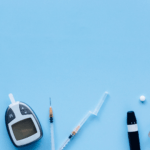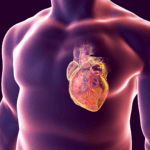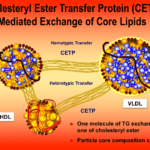
Where a study on metformin and cardiovascular disease fell short – and what it can teach us
An investigation on metformin, diabetes, lipid biology, and cardiovascular disease offered little insight on any of these topics, but it illustrates common problems in scientific research

Statins: effectiveness, safety, and common myths on their role in ASCVD prevention
A review of the evidence for statins in combating heart disease

When CAC Tests Are Useful and When They Are Not
This video clip is from episode #185 – Allan Sniderman, M.D.: Cardiovascular disease and why we should change the way we…

Peter on why early prevention of atherosclerosis is critical
This video clip is from episode #185 – Allan Sniderman, M.D.: Cardiovascular disease and why we should change the way we…

Preventing Atherosclerosis: 2 Fatal Flaws with the “10 Year Risk” Approach
This video clip is from episode #185 – Allan Sniderman, M.D.: Cardiovascular disease and why we should change the way…

#185 – Allan Sniderman, M.D.: Cardiovascular disease and why we should change the way we assess risk
“If we’re still saying the same things we said 30 years ago, it could be a problem because we should have learned how to say it better, more accurately.” —Allan Sniderman

#129 – Tom Dayspring, M.D.: The latest insights into cardiovascular disease and lipidology
“Atherogenic lipoproteins are really the issue behind clinical atherosclerotic vascular disease. … The data has just become so overwhelming.” —Tom Dayspring

#67 – AMA #8: DNA tests, longevity genes, metformin, fasting markers, salt, inflammation, and more
“If you are genetically blessed to become a centenarian, the gift you got is that you have genes that delay your receipt of chronic disease by what appears to be about 20 years.” — Peter Attia

#22 – Tom Dayspring, M.D., FACP, FNLA – Part III of V: HDL, reverse cholesterol transport, CETP inhibitors, and apolipoproteins
“Here’s something that’s going to shock you: in an average person, anywhere from 30 to 60 percent of the cholesterol in that LDL particle arrived via an HDL particle.” –Tom Dayspring

